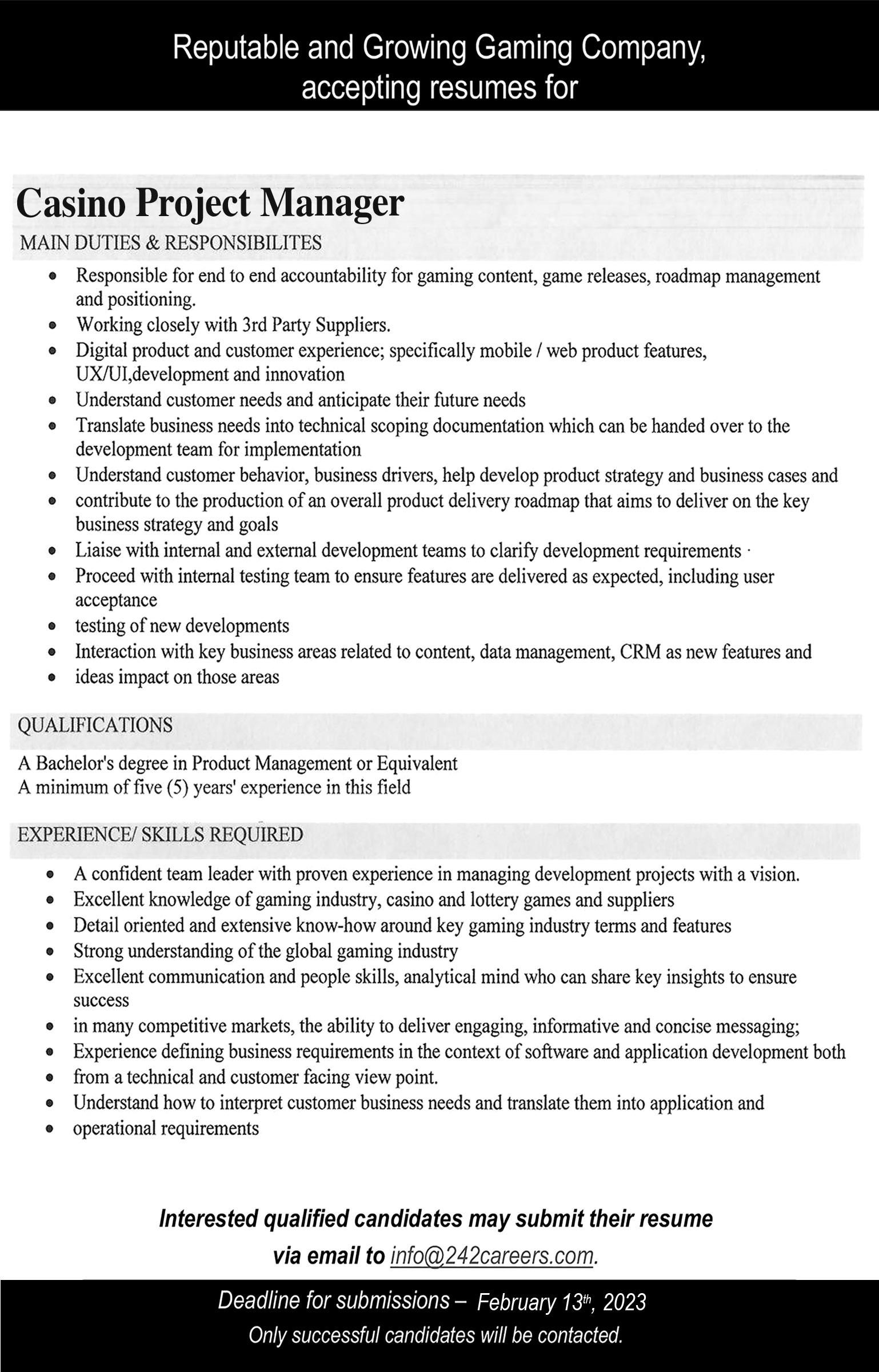
6 minute read
Cheque end ‘solving non-existent problem’
FROM PAGE A24 from cheques, they’re getting deeper into them. I think it’s [their elimination in The Bahamas] a bad plan. I don’t have much regard for the Central Bank anyhow. I will tell you will happen. A system will be introduced that costs a lot of money and we solve a problem that doesn’t exist.
“We need to make what we have work. This is the same Central Bank that thinks clearing a cheque in two days is a good standard. It can be done instantly. The same way you can clear a transaction using a debit card, you can do it with a cheque. Scan the cheque, send it to the bank and clear it instantly. It’s the same process as clearing a transaction with a debit card or credit card. Some process. Nothing different.”
Advertisement
Mr Bowe gave a harsher response to the cheque elimination plan on social media, saying: “The idea of cheque elimination is just stupid. Who comes up with these things? They can digitise cheques tomorrow and problem solved... To the customer, very little has to change. The customer becomes empowered, not controlled.
“Personally, I prefer cheques. What we do need in the financial sector is deregulation and increased competition. Government should get involved to the extent of preventing exploitation of the public and unfair competition. Currently, government agencies try to direct the operations of businesses to the extent of determining success or failure.”
Mr Bowe subsequently told Tribune Business: “The banks are harvesting money without providing a service.... I have a big problem with money changing hands and there being no commensurate service.”
John Rolle, the Central Bank’s governor, on Monday conceded that plans to eliminate the use of cheques by end-2024 are “not as simple as flipping a switch” given the resistance encountered thus far to the move.
Addressing the regulator’s 2022 full-year and fourth quarter economic briefing, he admitted that not all feedback and consultation received by the Central Bank was “receptive to change”.
Mr Rolle added that it was in talks with the Government “around how that process looks” as it continues to push for modernisation of The Bahamas’ payments system through the increased use of digital transactions.
Meanwhile, other corporate executives joined Mr Bowe in voicing concerns. Dwayne Higgs, WHIM Automotive’s general manager, told Tribune Business that instead of setting a deadline for cheques to be eliminated by the end of 2024, the Central Bank should allow this to occur naturally over time.
He said: “I look at this like how I look at electric cars. Leave it there and give people the option. If they want to pay by cash, by cheque, by transfer or by card. I say leave it as an option, the same way if you want to buy an electric or hybrid, or a regular gasoline engine.
“But, for some reason, the powers that be want us to go totally hybrid and totally cashless and digital. I think we should just leave it as an option, because some people prefer to write a cheque for a large amount, rather than doing transfers. So that’s my feeling on the matter. It should just be an option rather than limiting everything and forcing people to only go one way.”
Mr Higgs added: “I know a lot of people that still use banker’s cheques when they go to buy a car or get a car loan. The bank will give you a cheque to take to the car dealer, so what do you do then? There are a lot of questions that need to be answered, but I don’t know what the great push is. I say give people a choice and see what they gravitate towards.”
Chico Wong, owner/ operator of Wong’s Building Supplies, said while it is “OK” to eliminate cheques and move totally digital he understands the importance of keeping all payment options. “Because you want to go digital, but at the same time there’s a lot of people who are still old school, who still like to use paper and hard copies, especially the older people over 50 and 60 years old,” he added.
While unable to provide exact figures for the number of construction and full-time posts that the Six Senses project will create, the Weller chief pledged that the employment impact would be significant, as well as the effect on Grand Bahama’s economy and the Government’s tax revenues.
“There’s a special opportunity on tap, and I’m really excited to be a part of it,” he added. “There’s an opportunity to rebrand and think about Grand Bahama as a luxury destination for hotels, hospitality and dining. You’ll start to see a luxury brand take place around the conversation for Grand Bahama, and on the island, because people from other places will start to think about Grand Bahama. It helps the brand of Grand Bahama as a place to visit from the US, Europe and Canada.”
Mr Weller said the developer partners believe they “have all the agreements [and permits] that we need right now for the Six Senses project” apart from the environmental approvals. Suggesting that Grand Bahama has “so much upside”, he voiced optimism that the Government will find a buyer for the Grand Lucayan resort such that it is “restored and put back on line”.
Airlift, and visitor access, are vital to the success of any tourism-related development, and Mr Weller said he was confident progress is being made on resolving Grand Bahama International Airport’s fate.
Tribune Business revealed previously that an investor group featuring Bahamas Hot Mix chair, Tony Myers, and CFAL chief, Anthony Ferguson, is the likely front-runner to take on the airport’s reconstruction, financing and management.
“It appears the airport is moving ahead. There are a lot of good conversations about it. We know the Government understands and appreciates how important it is, and we’re excited to see the outcome,” Mr Weller said. “Just like any other project or existing business on the island, a good airport is always important for the first handshake of introduction to Grand Bahama.
“I’m not going to hide my excitement about a new, modern facility. The first handshake to Grand Bahama will be this new, modern airport and that’s a really positive thing.” Weller had brought multiple people to visit Grand Bahama since becoming involved with the island, he added, “and there’s not a person who’s come from the US and Europe that’s not said this isn’t a place they’d like to invest or come back to”.
Weller Development has spearheaded the largest US urban regeneration in Baltimore via the 235acre Port Covington site, a project that is now nearing completion. Mr Weller voiced confidence in his team’s ability to handle both the Six Senses and Napa Valley projects at the same time.
“They are so used to having a printed piece of paper that they write on and feel comfortable with. Then you have to understand, in The Bahamas, cheques are not regulated. Someone can forge a cheque and sometimes you sell people a good and you get hold of a bad cheque, so in that sense cheques are bad.”
Wongs has transferred many vendors and customers to digital payments and currently does a lot of “wire transfers”, eliminating cheques to some extent.
“The good thing about wires is that if you have a person from the Family Islands and they want lumber, you can send them the wire instructions and they can send the money, and someone can come and pick up their things from us within the day,” Mr Wong said.
James Wallace, owner/ operator of Janaees Uniform Centre, said he has been transitioning away from cheques since the announcement of the Central Bank’s intention to eliminate them. “I think they’ve given reasonable notice for people to get rid of cheques. I don’t see it as an issue because most things are being done by direct deposit,” he said.
“I very rarely write cheques in my business from last year. I do direct deposit, because in December 2024 they will stop honouring cheques. I don’t see this problem. The whole world is going electronic banking, and we are just a little late. The only thing is they skipped the process of allowing you to process cheques electronically, because you could have scanned a cheque from your phone and deposit it like that.”
• Maintains accounting records by making copies; filing documents.
• Counting cash and verifying amount received with Z reports.
• Maintains accounting database by entering data into the computer; processing backups.
• Preparing bank deposits.
• Protects organization’s value by keeping information confidential.
• Updates job knowledge by participating in education opportunities.

• Accomplishes accounting and organization mission by completing related results as needed.
• Compiling daily cash collection report.










